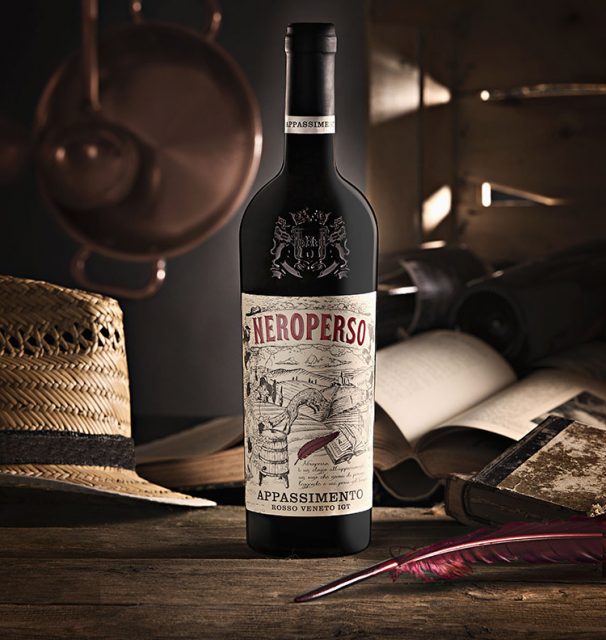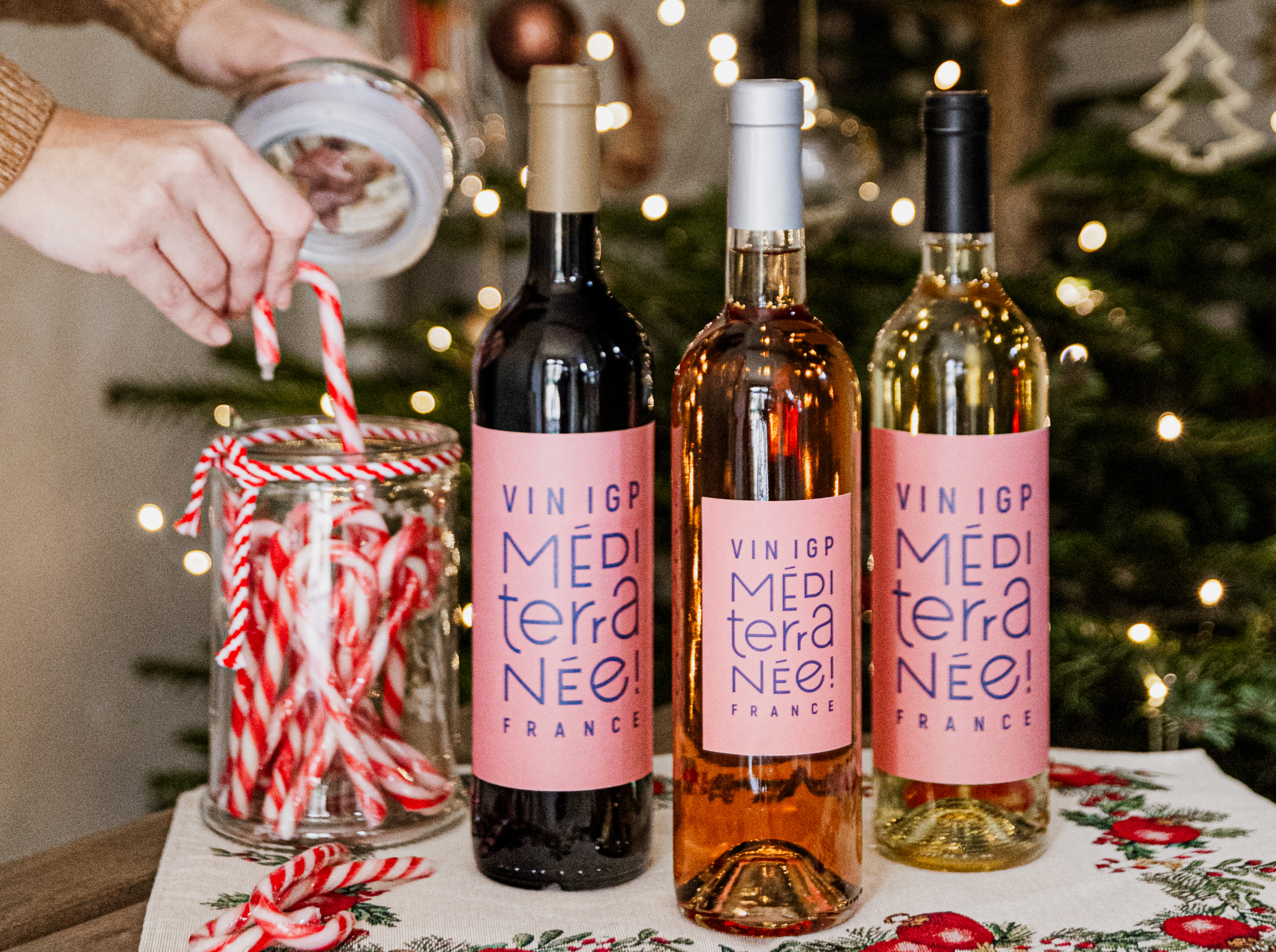Italian Wine Brands buys Enoitalia in major merger
Italian Wine Brands has acquired 100% of Enoitalia for an undisclosed sum, making it the second largest wine company in Italy in terms of annual revenues.

Before the merger, IWB was the seventh largest Italian wine company in terms of sales, with annual revenues of €204 million, with Enoitalia just behind on €201m.
Now that the two companies have joined forces, it puts IWB in second place behind the Riunite & Civ co-operative group, which makes approximately €600 million in annual revenues.
It puts the company in first position among privately owned Italian wine firms, surpassing Marchesi Antinori, which boasts annual revenues of €221 million.
Enoitalia’s equity value was €150.5m and as part of the agreement, the selling party, represented by the Pizzolo family, will reinvest in IWB by subscribing to €1.4 million in shares.

News of the merger prompted IWB’ share price to rise by 15% on the Milan Stock Exchange on 18 June, the day after the sale was agreed.
Before the IWB-Enoitalia agreement, the market had witnessed the double entry of the Clessidra private equity fund, first with the acquisition of Botter and secondly with that of Mondo del Vino, creating a group with revenues of €350m.
Earlier this year Antinori strengthened its leadership in the field of fine wines, by acquiring Jermann and entering in style the denomination of Collio, famous for its great whites.
Also on the acquisition trail, the Prosit holding company, owned by the Made in Italy Fund investor, recently acquired the American importer Votto Vines, which specialises in the distribution of Italian labels in the US.
One of the main limits of the Italian wine system has always been the small size of its businesses – only 21 companies manage to surpass €100 million in turnover, and most of them are cooperatives, owned by the grape growers, or trading companies focused on mass market wines.
This fragmentation exposed Italians to difficult competition in international markets, where they clash with much stronger and more structured players like Constellation Brands, which owns the Ruffino brand in Italy, and exceeds US$8.6 billion dollars’ revenues.
Partner Content
During the pandemic, the wine industry defended itself better than other Italian sectors, managing in some cases to achieve considerable growth. As a result, its appeal among investors has increased and attention has shifted towards groups that appear to be able to develop a high rate of penetration in the foreign markets.
This is the case of Clessidra with the acquisition of Botter, which in the period 2016-20 was the leading company in terms of growth rate.

CEO Marco Ottaviano was clear on the company’s investment target: “The growth of Botter will be favoured not only by the natural ability to develop in foreign markets, but also by the fact that the company is a perfect platform for a strategy of targeted acquisitions with the aim of promoting the creation of an Italian leader in the sector,” he said.
Less than two months later, arrived the confirmation of this will, with the entry into the Mondo del Vino group, which owns wineries in Piedmont, Sicily and Emilia Romagna.
The case of IWB is different. The group emerged as a winner during the pandemic, thanks to a business model oriented towards home delivery sales and perfectly adaptable to the conditions in the Covid era.
Its 2020 revenues were up by +30%, allowing president and CEO Alessandro Mutinelli to look around for possible acquisitions.
In the end, the choice fell on Enoitalia, based in Verona and with a wide range of products ranging from still wines to Prosecco.
Mutinelli highlighted how the merger brings within IWB “a wider portfolio of products and brands, an expansion of the customer base, a greater territorial diversification of sales, entry into the horeca channel, a doubling of volumes with production and commercial synergies: in short, more competitive strength.”
Going forward, Italian fine wine producers, from Santa Margherita and Illy to Bertani and Frescobaldi will not hide their ambitions to acquire properties in the country’s most prestigious appellations (in particular Barolo) or to diversify their offer with fine white wines.




